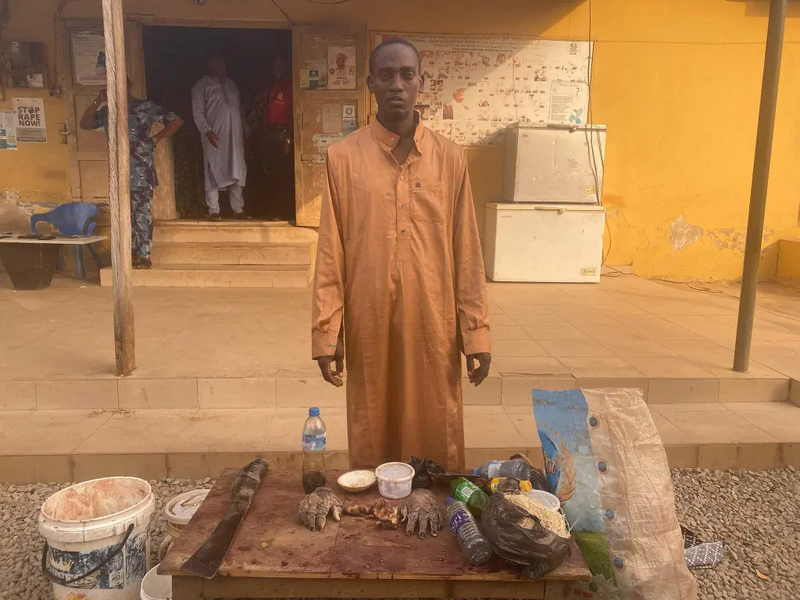
The family of Hafsoh Lawal, a final-year student of the Kwara State College of Education allegedly murdered by her Facebook lover AbdulRahman Bello, has petitioned a Kwara State High Court in Ilorin to release her dismembered body for proper Islamic burial rites. The request was made during the resumed hearing of the murder trial, led by the Kwara State Attorney General and Commissioner for Justice, Senior Sulyman.
AbdulRahman Bello stands trial alongside five other suspects accused of criminal conspiracy, culpable homicide, possession of human parts, and armed robbery. The defence counsel for Bello expressed sympathy with the family and did not oppose the request for the body’s release despite the ongoing prosecution.
During the proceedings, three witnesses testified, including two police officers and an anatomic pathologist from the University of Ilorin Teaching Hospital, Dr. Olaleke Folaranmi. Police officers from the ‘C’ Division, Oja Oba, and the state Criminal Investigation Department revealed that Bello orally confessed to the crime. He led investigators to his apartment and subsequently to dumpsites in Ilorin where parts of Hafsoh’s body were recovered.
The trial judge, Justice Hannah Ajayi, described bail applications by the suspects as distractions and pledged to expedite the hearing. The court adjourned the case until May 21, 2025, for continuation.
Hafsoh Lawal’s gruesome murder, which involved dismemberment, has drawn widespread attention. Bello, who claimed to be an Islamic cleric, was arrested after the victim’s dismembered body was found in his residence. The other suspects include two Islamic scholars, a phone repairer, and a farmer, all arraigned alongside Bello.
The case is being closely followed by the public and authorities, with calls for justice from the Emir of Ilorin and other community leaders. The court proceedings have included the admission of various exhibits, such as human body parts and weapons allegedly used in the crime.
The ongoing trial highlights the complexities of prosecuting ritualistic and violent crimes in the region, with the Ministry of Justice having taken over the prosecution to ensure due process and justice for the victim and her family.






